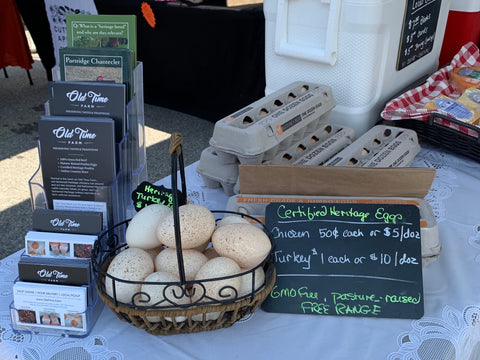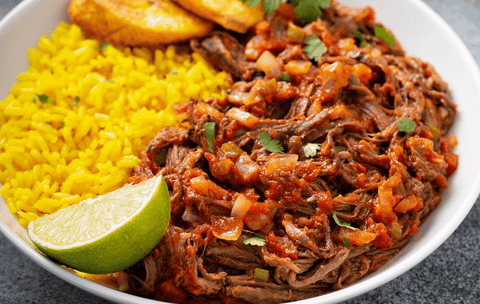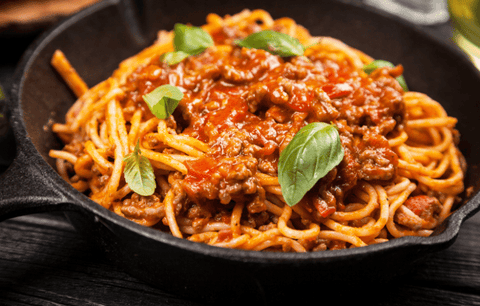I am done trying to soften the uncomfortable truth ... you need to know what I know to understand my fierce support of local food producers and processors.
al-Qaeda was planning to go after agriculture and food as well as the twin towers.
General Richard Myers, the Chairman of the Joint Chiefs of Staff under Bush at 9/11, offered chilling Senate testimony on 12-13-2017 about the dismal lack of protection and planning for our food supply over the past 19 years.
Please note: that it is still not clear if the PEDv pig virus that killed 8 million baby pigs in our country was INTENTIONALLY introduced.
The following is a portion of General Myers testimony:
Food insecurity is an ever increasing global problem as delineated in a 2015 assessment by the intelligence community. Hungry people are not happy people. America still feeds the world, so there is an urgent need to protect America’s food crops, food animals, and food supply from naturally occurring and intentionally delivered biological threats. Either could be devastating.
One of the early discoveries when our troops went into Afghanistan in 2002 was a list of 16 pathogens al‐Qaeda was planning to use as bioweapons. Only 6 of them targeted people. Another 6 were pathogens of livestock and poultry and 4 were crop pathogens. So, al‐Qaeda wasn’t just planning to attack people with biological weapons; they were going after agriculture and food as well.
al‐Qaeda has always had a goal of destroying the U.S. economy, so bioweapons targeting crops, livestock and poultry is consistent with that objective.
Moreover, natural infectious disease outbreaks could lead to the same outcome. Consider the United Nations (UN) Food and Agriculture Organization (FAO) assessment that “just 15 crop plants provide 90 percent of the world's food energy intake, with three – wheat, rice, and maize – making up two‐thirds of this.” Ninety percent makes the protection of food crops rather significant.
If wheat, rice, or corn are targeted successfully by al Qaeda or other bioterrorists or if there’s a natural disease outbreak that devastates the global supply of any one of the three, the world will be in big trouble. The Wheat State takes such matters seriously.
Although it didn’t turn out to be a global disaster, the pathogen Wheat Blast hitting Bangladesh in 2016 certainly wreaked havoc there. Wheat Blast can kill 100% of crops, and it likely got to Bangladesh in a shipment of grain from South America where it’s endemic. The outcomes were devastating in areas of the country where it occurred, and even though infected fields were burned, there was a recurrence in 2017; the new outbreak spread to India too. The U.S. should consider restricting grain shipments here from South America to avoid a similar outcome.
With livestock, the Porcine Epidemic Diarrhea virus(PEDv) foreign animal disease (FAD) outbreak in the U.S. in 2013 highlighted biosecurity problems here that must be addressed. It resulted in over 8 million baby pigs dying, and significant financial losses incurred by producers drove up the cost of pork markedly. It’s suspected PEDv came to the U.S. in feed products from China, but the FBI still hasn’t confirmed whether the virus got here by accident or intentionally. There are reasons to suspect the latter. Either way, the impacts were substantial, and PEDv is now an enduring endemic problem to deal with in the U.S., not a FAD threat.
AND
The bottom line today regarding bio/agrodefense is that “the clock is ticking” as stressed by the WMD Commission back in 2009. Much must be done to safeguard American agriculture in a globalized world the U.S. agriculture and food critical infrastructure is not well protected from potentially catastrophic biological events.
Bioterrorist attacks on America’s food crops and/or food animals could devastate the U.S. economy, and the global economy wouldn’t be far behind. America still feeds the world. Natural disease outbreaks could lead to similar outcomes.
Nineteen years for food security to be on the back burner is too long.
We have the power to create food security in our own community by wisely spending our food dollars with small local farms and sharing the message of their importance.
Everyone can participate - thank a local farmer to recognize their contribution to our regional food security and national security & share this vital message!
"Let's roll!"







